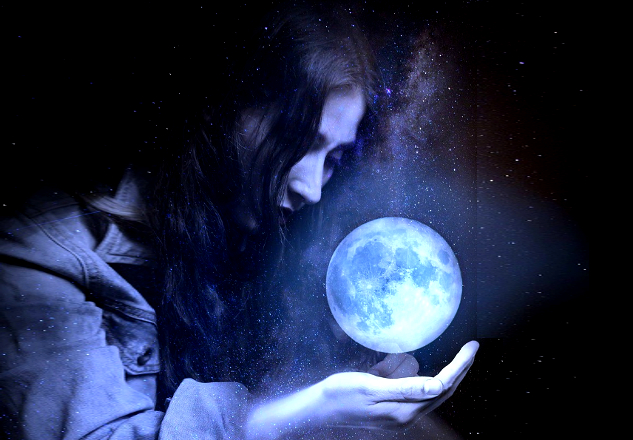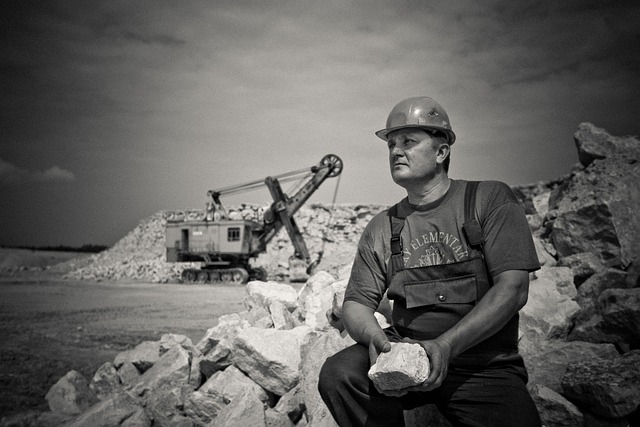
It’s never too late to tip the scales toward compassion and goodness. A lack of empathy has helped get us into this personal and global predicament. Reclaiming it will help get us out.
- By Cate Montana

Embracing simplicity is probably one of the hardest keys to embody because we've been trained to believe that the more complicated something is the more important and valuable it is.
- By Cate Montana

One of the most powerful things you can do is a personal clearing of your own energy field. The following is an energetic clearing that Robin Duda, the soul alchemist I've been working with from Santa Fe, has supplied
- By Paul Levy

One of the great spiritual teacher Sri Aurobindo’s main messages is that humanity is a transitional being. Our current state of being is not final, we are in the process of transitioning into a new state of being.

I never knew how extreme an impact reviewing one’s life can have, or writing a book about it. I’ve learned that in facing traumatic memories, it’s essential to have the support you need to proceed.

In our modern world we have our own ideas of foundational or basic needs, but they aren’t so different from what ancient texts like the Neijing described two thousand years ago.

The conflict or struggle within oneself of which “self” shall rule—the Inner or the Outer--is as old as time for wayfarers on the higher spiritual path, and the attributes of the opposing sides are recognizable to us all.

For thousands of years, humanity disposed of very limited amounts of information. Whatever understanding people had of the world came from the tribal elders, members of the extended family and other close sources of information. How things have changed!

By the way, the official title of the retreat was "Living from the Heart." Sometime during the retreat, the name became changed to "Living on the Edge."

What if you asked yourself, "Do I make myself a priority?" How would you answer? Most of us would hesitate before boldly declaring "Sometimes yes!"
- By Paul Levy

We are all potential healers and dreamers; our very nature is shamanic. We all have shamanic abilities that knowingly or unknowingly we use every day.
- By Kate King

If I know one thing for sure, it’s that patterns don’t break on their own. When something is stuck in a repetitive rhythm, the path of least resistance is to keep on keepin’ on. But, the path of least resistance does not lead to a radiant life.

I glanced out the bathroom window and saw to my horror that the trees seemed to be moving to the left. Then I realized that the trees were not moving ... the house was moving to the right. Built on the topside of a ridge, the house was clearly beginning to slide downhill.

Multiple sclerosis (MS) has added a bizarre twist to my quest to find fulfillment and to serve others. At times, it has helped me understand my purpose with greater clarity even while sometimes thwarting my plans.

When talking about moving forward to healing, one of the most common issues I see with my patients is stuckness. They will often hold on to an inner story as to why they are having the experience.

The scent of a fresh, ripe mango can be intoxicating. The sweetness of its nectar beckons you to savor its rich flavor. Yet, the simple act of eating a mango is not as straightforward as one might think.

“When does it end?” I am on the receiving end of this question all the time in my work. I get it. Growth is invigorating, enlivening, hopeful, and optimistic. It can also be demanding, confusing, isolating, and emotionally charged.

It used to be that our community, political, and spiritual leaders were paradigms of wisdom who lived their values and manifested their principles.

A well-known saying asserts “Life is 10 percent what happens to you and 90 percent how you react to it.” Missing from this thought philosophy is the key point that your reactions affect others in profound ways.

Do you need help in your personal or professional life? Do you need help keeping up with the modern world's ever-changing demands? If so, you're not alone.

Every enduring culture leans heavily on its tribal elders to nourish the younger generations with the wisdom that comes with experience. For better or for worse, the modern Western world has left many of its own traditions behind.

For many people, retirement is a time of reinvention without a blueprint, a shift to flextime, part-time, volunteering, service, lifelong learning, or caregiving.

Do any credible utopian dreams paint an optimistic future? Or is the prospect of human happiness ruled out by the scale of our contemporary problems?


















